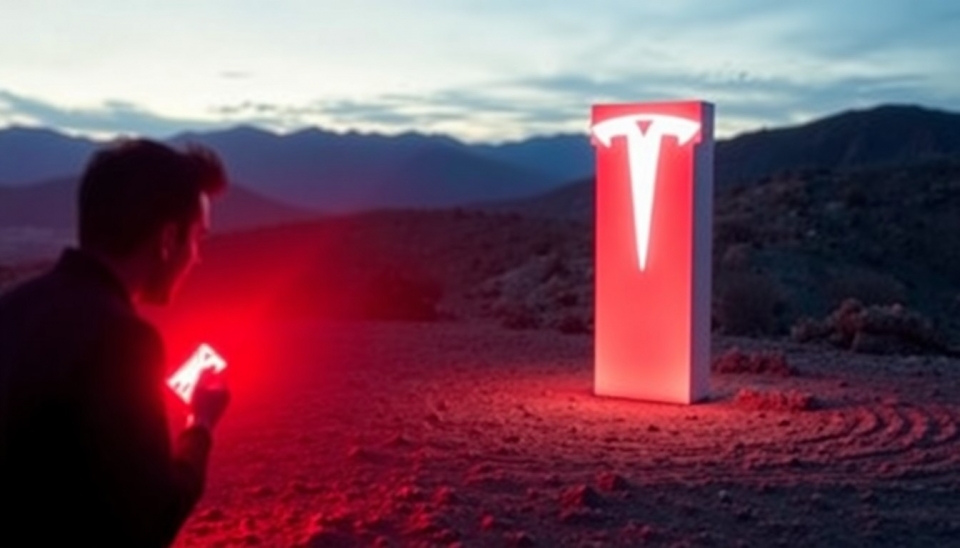
The European electric vehicle (EV) landscape is undergoing a significant upheaval as Northvolt, a Swedish battery manufacturer, faces bankruptcy amid ongoing production delays. This disruption has intensified the grip of major players like BYD and CATL, who are well-positioned to dominate the market in the wake of Northvolt's troubles.
Northvolt, which was initially hailed as a critical part of Europe's green energy transition, is now struggling to meet its production targets. This downturn has cast a shadow over the company's projected promises to lead the battery revolution in Europe. Speculation regarding the company’s financial stability has been rampant, culminating in the stark reality of a potential bankruptcy filing which could materialize by the year’s end. This bombshell could rip apart any remaining confidence investors had in Northvolt, given its prior assertion about being a key player in the energy transition.
The repercussions of Northvolt’s financial woes extend beyond the company itself, reverberating throughout the entire European battery supply chain. Production delays linked to Northvolt’s lack of operational capacity underscore concerns about the EU's reliance on domestic battery manufacturing. As the need for a robust supply chain intensifies, manufacturers are beginning to look elsewhere for battery solutions, further enhancing the positions of firms like BYD and CATL, both of which are Chinese firms that have aggressively expanded into the European market.
BYD, known for its innovation in battery technologies and comprehensive EV offerings, alongside CATL, the largest battery manufacturer in the world, are now seizing the opportunity to fill the looming void left by Northvolt. The duo has ramped up their production capabilities and distribution networks within Europe, positioning themselves to capture market share that Northvolt seems unable to fulfill.
As these two Chinese companies continue to establish manufacturing plants across Europe, they not only promise lower costs and faster delivery times but also a reliability in supply that the market is beginning to deem essential. The race for battery supremacy in Europe is no longer just a competition among local players, but an urgent battle against entrenched European paradoxes related to regulatory support and production timelines.
Specifically, BYD has made significant strides by focusing on vertical integration, controlling more aspects of the manufacturing process to ensure high quality and consistency. Meanwhile, CATL is investing heavily in R&D and expanding its battery recycling initiatives, which is increasingly becoming a critical part of sustainable practices. Together, BYD and CATL are viewed by many industry analysts as leading the charge towards addressing both the supply challenges and environmental concerns that currently loom over battery production.
Moreover, the recent government policies promoting EVs in Europe, including subsidies and tax incentives, further strengthen BYD and CATL's positions. With Northvolt’s downfall, the EU’s ambitions to build a self-sufficient battery ecosystem may seem more difficult than ever to realize, underscoring the uncertain future for local producers. Analysts suggest that Northvolt's struggles could lead to further market consolidation, giving rise to a scenario where BYD and CATL emerge as the unchallenged leaders in European battery manufacturing.
In conclusion, while Northvolt's bankruptcy may signal a setback for European aspirations in the battery sector, it also opens the door for BYD and CATL to cement their roles in the rapidly evolving electric vehicle market. The technological advancements and robust supply chains offered by these companies could very well rewrite the narrative of electric mobility in Europe moving forward.
<>#> #Northvolt #BYD #CATL #ElectricVehicles #EVMarket #BatteryManufacturing #Sustainability #GreenEnergy #Europe #<
Author: Emily Collins




